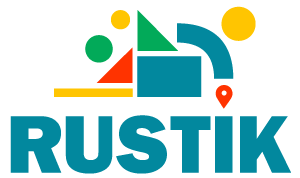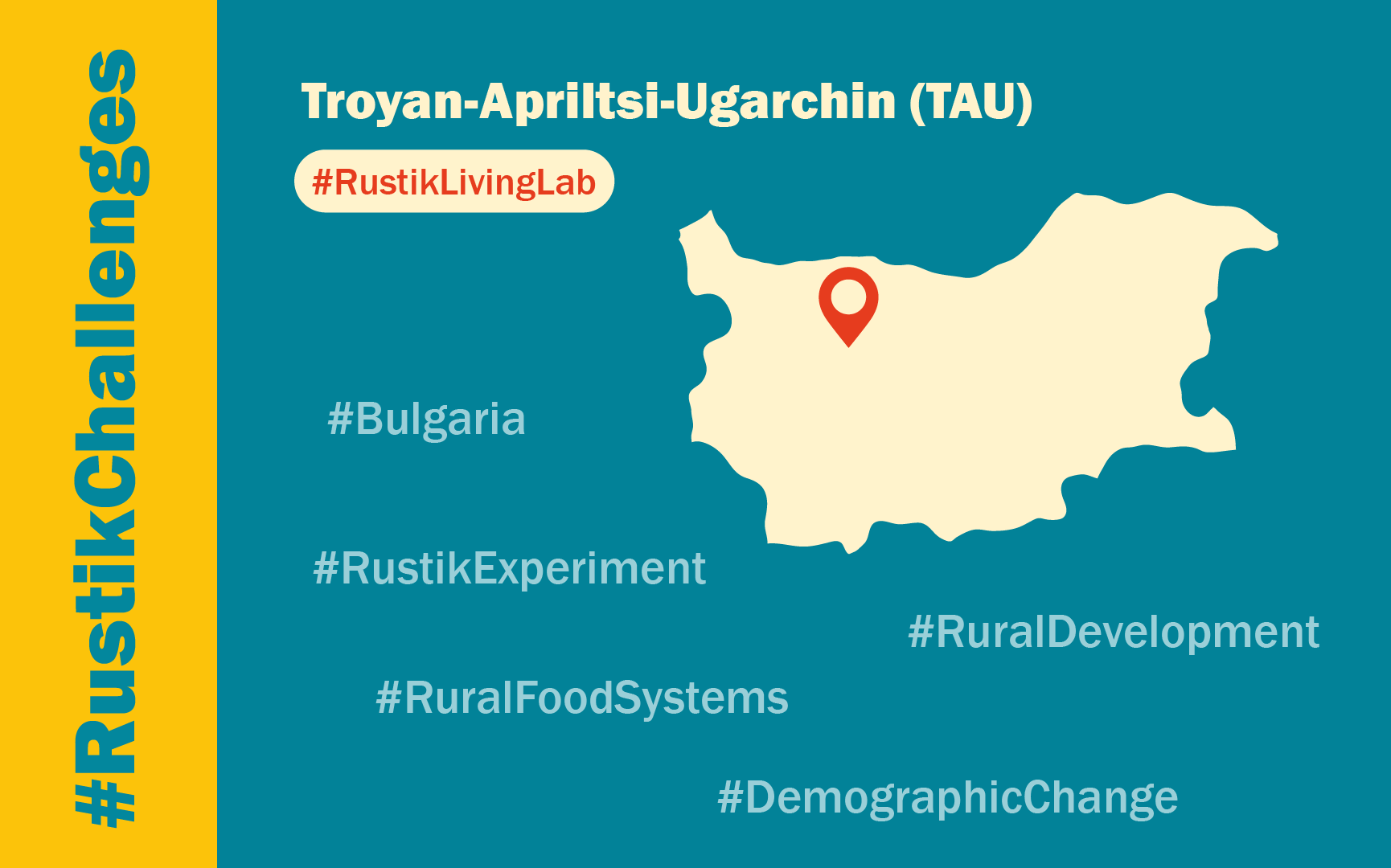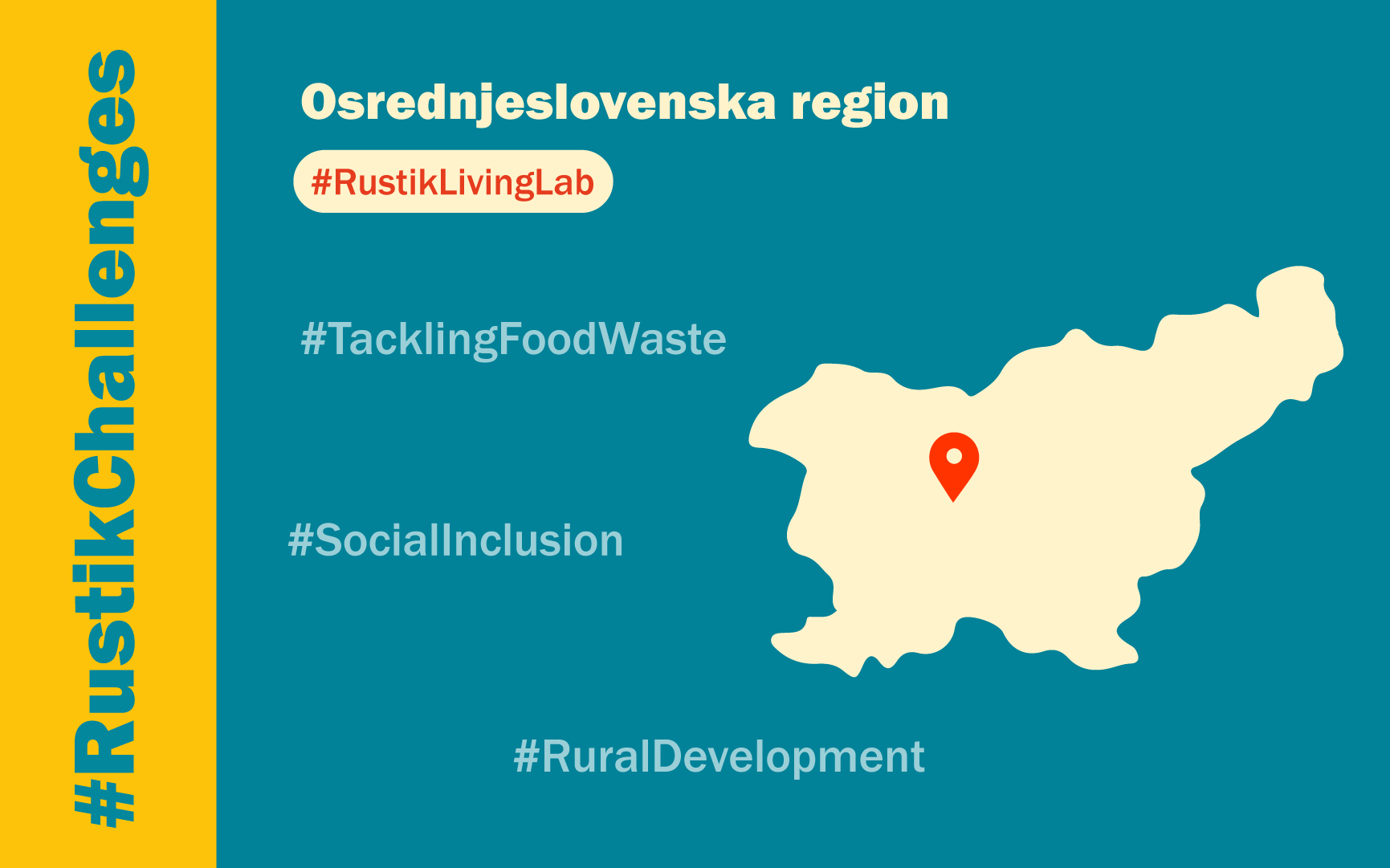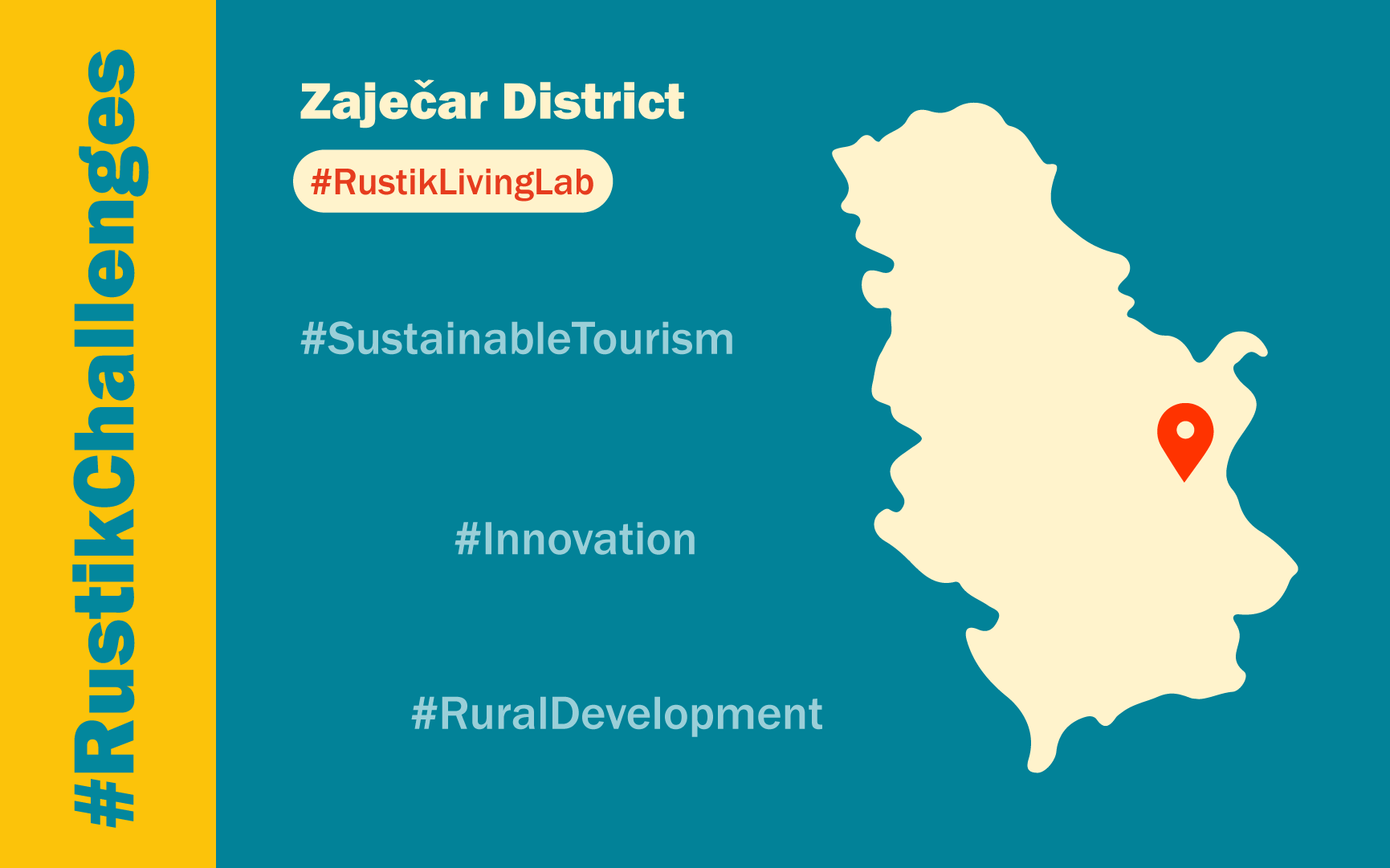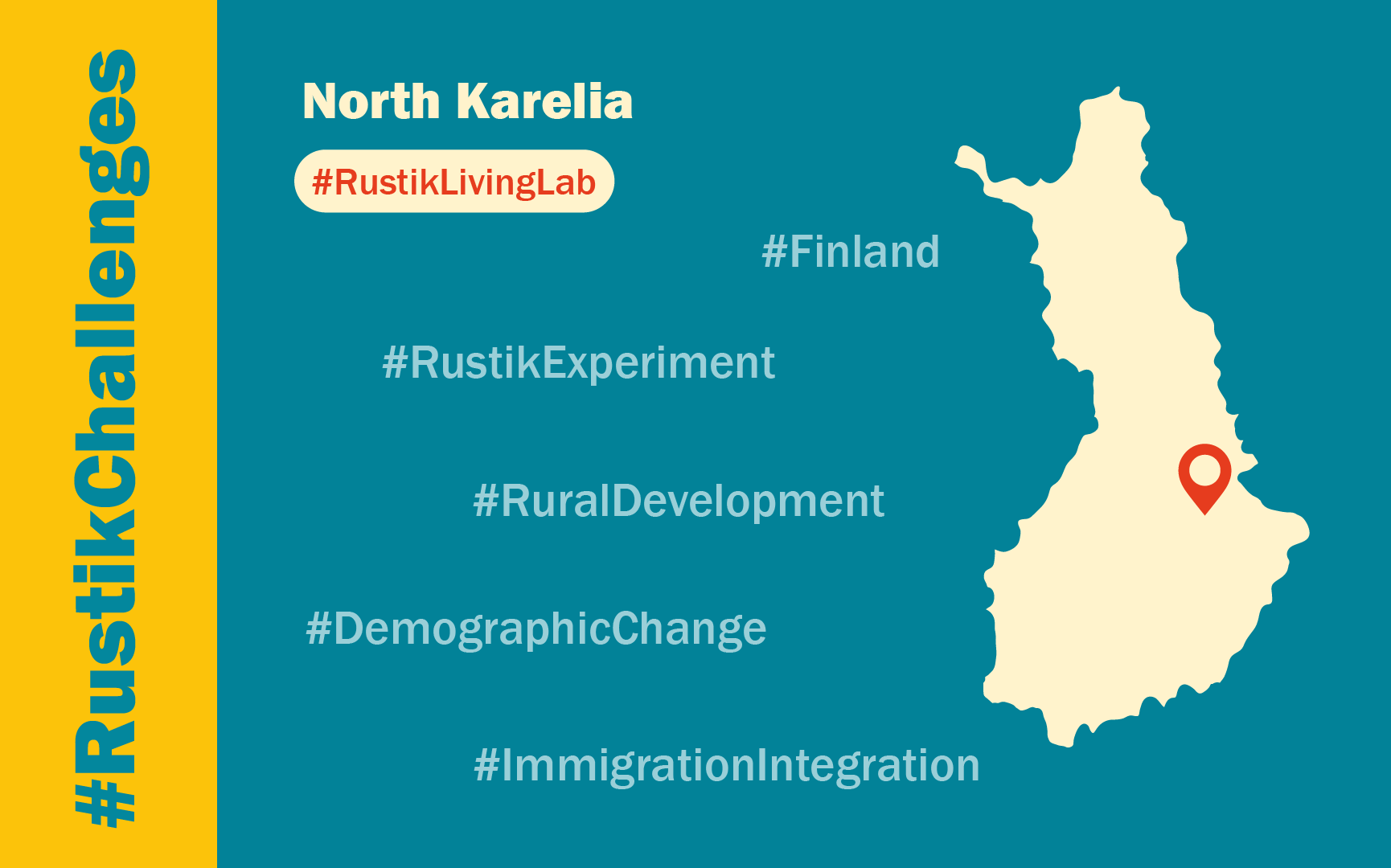Сгушен в сърцето на Балканите, регионът Троян-Априлци-Угърчин (ТАУ) в България е пилотен пример за трансформационни инициативи. Обхващайки общините Троян, Априлци и Угърчин, този район се простира на 1650,2 км² с население от 33 858 души. ТАУ е разположен на стратегическо място, само на 150 км североизточно от София, с ключова роля за свързването на столицата с Черно море.
-
Фокус върху прехода: Социално-икономически и демографски промени
Регионът на ТАУ е изправен пред социално-икономически и демографски предизвикателства, в основата на които стои обезлюдяването. Неформалната икономика, характерът на работните места и етническата сегрегация допринасят за този проблем. Въпреки богатството на природни ресурси регионът се бори да започне да ги използва по-ефективно за икономическо и социално развитие.
- Предизвикателство за живата лаборатория: Ориентиране в непознатия потенциал на хранителните системи в селските райони
Основното предизвикателство, идентифицирано в ТАУ , се върти около необходимостта от разбирането на неизползвания потенциал на хранителните системи в селските райони и техния принос за справяне със социално-икономическите и демографските промени. Пропуските в данните за връзките между производството и потреблението на храни, както и липсата на сътрудничество между местните участници, възпрепятстват напредъка. Екипът на МИГ ТАУ и Софийски университет има за цел да проучи как могат да бъдат насърчени местните агро-хранителните системи в селските райони, как по-добре да бъдат свързани професионалните училища и местните предприятия и как могат да бъдат преодолени проблеми като несправедливите плащания и недекларираната заетост в хранително-вкусовия сектор.
- Обосновка: Акцент върху храната като обединяваща сила
Храната се превърна в основен фокус на изследване за „живата лаборатория“ изградена от Софийски университет и МИГ ТАУ, като „пъзел“ от местни социално-икономически и културни практики, които имат потенциал да преодоляват различията и да предлагат бъдещо развитие на региона, както в областта на селското стопанство, но и на рпомишлеността и на услугите. Липсата на местни и регионални, по-широки и подпомагащи политики в тази област е пряко свързана и със значителната липса на данни. Като се концентрира върху хранителните системи, изследователският експеримент има за цел да допрунесе за по-доброто адресиране на социално-икономическите проблеми на територията на ТАУ.
- Значение за политиките: Проправяне на пътя към политики за храните в селските райони
На територията на ТАУ липсва цялостна политика за устойчиво развитие на местните храни. Експериментът, който RUSTIK провежда се стреми да запълни тази празнина, като предоставя знания, данни и модели за разработване на политики и мерки. Съобразявайки се с регионалните и местните политики, експериментът би могъл да отговори на проблемите, свързани с насърчаване на устойчивия икономически растеж чрез инициативи, свързанинасочени към развитие на местните храни.
- Изследователски въпроси: Разкриване на динамиката на хранителните системи в селските райони
Експериментът търси отговори на важни въпроси:
- Как хранителната система в селските райони влияе върху местното предприемачество и тенденциите за завръщане на млади в агро-хранителния сектор?
- Каква е ролята на семейните градини за местните икономики и социално-икономическите неравенства?
- Как хранителните системи в селските райони си взаимодействат с градските икономики и кои градски икономики им влияят?
- Може ли запазването на местните хранителни традиции да допринесе за устойчивостта на общността и чувството за принадлежност към територията?
- Кои фактори правят местния агро-хранителен сектор привлекателен за новодошлите и туристите, като насърчават устойчивите местни икономики?
- Възникваща нужда от данни: Преодоляване на празнината в познанията
Експериментът се сблъсква с липсата на данни за различни аспекти, свързани с агро-хранителния сектор, като например достъпът на местното население до пресни, сезонни и местни храни, сътрудничеството между професионалните училища и местните предприятия в областта на агро-хранителния сектор и ролята на семейните градини за поддържане на местните хранителни традиции и много други. За да се преодолее този проблем, се проучват нови и вече съществуващи източници, с цел да се създаде цялостна карта на храните в селските райони.
- Наличност на данни: Източници за експеримента
Експериментът разчита на комбинация от налични, но неизследвани и нови източници на данни, включително регистри на земеделски производители, преработватели и търговци, предприятия за преработка на храни, социални кухни, ресторанти и много др. Въпреки това възникват ограничения поради непубличния характер на някои набори от данни, което възпрепятства детайлния анализ. Той се допълва и от неструктурирани качествени данни и от данни, извличани по ексеприментален път от определени актьори в агро-хранителния сектор.
- Предизвикателства и възможности пред осъществяването на ексепримента: Навигиране по пътя напред
Предизвикателствата пред експеримента се състоят предимно в ограничения, свързани с достъп до ключови набори от данни, непълни или липсващи регистри, като например този на семейните градини. Участващите партньори притежават необходимите компетенции за преодоляване на тези предизвикателства, като се насочват към алтернативни методи и източници на данни.
Разгръщането на експеримента RUSTIK в ТАУ обещава не само да разкрие потенциала на агро-хранителните системи в селските райони, но и да проправи пътя за изграждане на информирани политики, които могат да насърчат устойчивото развитие и да допринесат за по-добра регионална икономика в областта на храните. Екипът на „живата лаборатория“, действаща на територията на Троян-Априлци-Угърчин ще ви информира своевременно за резултатите от дейността си.
